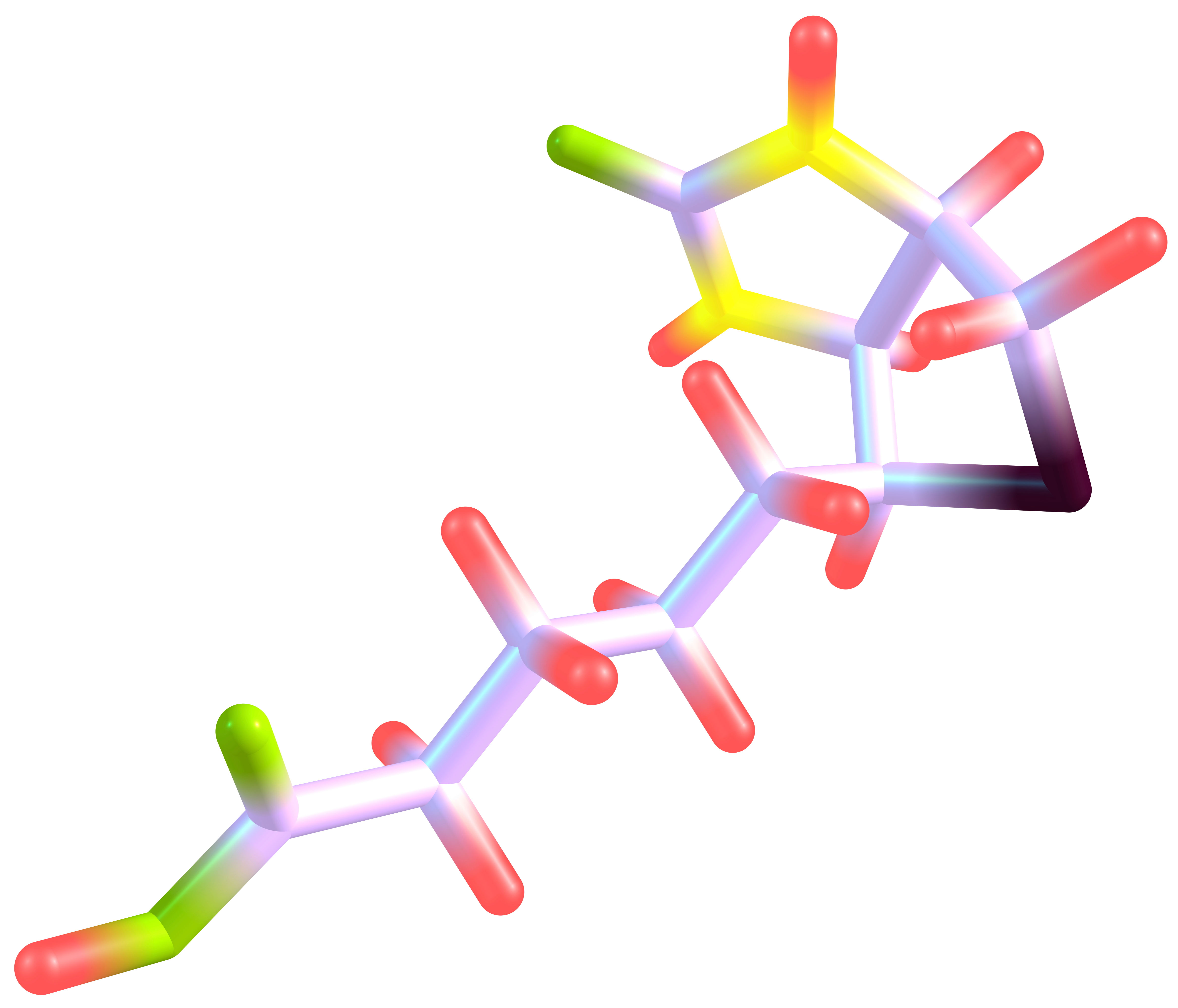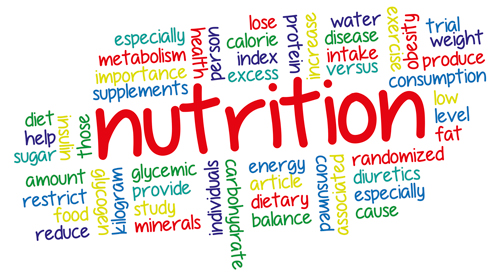 This module aims to introduce students to the necessity of becoming research-orientated and to think critically about nutritional science in preparation for a range of future careers. Nutrition is a far- reaching and complex field of science with a range of external influences impacting on the integrity and consistency of information available not only to scientists and researchers but to the general public.
This module aims to introduce students to the necessity of becoming research-orientated and to think critically about nutritional science in preparation for a range of future careers. Nutrition is a far- reaching and complex field of science with a range of external influences impacting on the integrity and consistency of information available not only to scientists and researchers but to the general public.
- Module Leader: Patricia Treseder-Griffin
 This module aims to develop the students understanding of the vital roles of macro, micro, phytonutrients and water in normal biochemical processes, alongside establishing a framework for reviewing how imbalanced nutritional intake and xenobiotics can lead to disordered biochemistry and pathology, using ‘obesity’ and principles of gene expression as examples. This module aims to enable the student to develop basic skills of collecting, recording, analysing, interpreting and disseminating basic laboratory and diet data and apply basic equations to a range of nutritional situations, as well as providing the fundamental underpinning of biochemistry necessary for a range of work environments.
This module aims to develop the students understanding of the vital roles of macro, micro, phytonutrients and water in normal biochemical processes, alongside establishing a framework for reviewing how imbalanced nutritional intake and xenobiotics can lead to disordered biochemistry and pathology, using ‘obesity’ and principles of gene expression as examples. This module aims to enable the student to develop basic skills of collecting, recording, analysing, interpreting and disseminating basic laboratory and diet data and apply basic equations to a range of nutritional situations, as well as providing the fundamental underpinning of biochemistry necessary for a range of work environments.
- Module Leader: Michail Rizos
- Module Leader: Patricia Treseder-Griffin
 This module aims to introduce students to the strengths and limitations of individuals applying nutritional interventions to maintain health and prevent disease based on evidence informing population guidance. The module will encourage students to apply their developing critical thinking skills and evaluate popular beliefs and behaviours across a broad-range of food and nutritional issues.
This module aims to introduce students to the strengths and limitations of individuals applying nutritional interventions to maintain health and prevent disease based on evidence informing population guidance. The module will encourage students to apply their developing critical thinking skills and evaluate popular beliefs and behaviours across a broad-range of food and nutritional issues.
This module provides students with the opportunity to begin to develop necessary skills for creating and presenting public-centred information about nutrition and health.
- Module Leader: Fiona Ambrose
- Module Leader: Michelle Barrow
- Module Leader: David Titman
 This module aims to build on foundation knowledge of anatomy and physiology by focusing on how body systems are controlled and integrated so that students can demonstrate a coherent understanding of the mechanisms that keep the body alive and functioning. This module will be taught from a Systems Biology and Functional Medicine perspective with a focus on purpose and design, major body processes and supporting organ reserve. Imbalance in many body processes can lead to changes in various physiological systems that lead to signs and symptoms of disease. This module will apply nutritional concepts from a functional perspective to aid the student’s ability to understand the multiple roles a nutrient/s might play to support the normal function of major physiological processes and enable them to begin to review a range of factors involved in pathophysiological processes.
This module aims to build on foundation knowledge of anatomy and physiology by focusing on how body systems are controlled and integrated so that students can demonstrate a coherent understanding of the mechanisms that keep the body alive and functioning. This module will be taught from a Systems Biology and Functional Medicine perspective with a focus on purpose and design, major body processes and supporting organ reserve. Imbalance in many body processes can lead to changes in various physiological systems that lead to signs and symptoms of disease. This module will apply nutritional concepts from a functional perspective to aid the student’s ability to understand the multiple roles a nutrient/s might play to support the normal function of major physiological processes and enable them to begin to review a range of factors involved in pathophysiological processes.
- Module Leader: Tanya Gibbons
- Module Leader: Terry Owen-Jones
 This module aims to develop the student’s awareness of the central role that diet plays in the expression of health and illness. It will explore issues and concepts beyond Government guidelines for healthy eating and will provide the necessary knowledge for analysing diets for specific health/social/cultural scenarios, for preparing appropriately referenced educational reports and giving verbal educational explanations on a one-to-one basis in a ‘real’ client consultation setting. In this way the application of theory to practice is developed and assessed.
This module aims to develop the student’s awareness of the central role that diet plays in the expression of health and illness. It will explore issues and concepts beyond Government guidelines for healthy eating and will provide the necessary knowledge for analysing diets for specific health/social/cultural scenarios, for preparing appropriately referenced educational reports and giving verbal educational explanations on a one-to-one basis in a ‘real’ client consultation setting. In this way the application of theory to practice is developed and assessed.
- Module Leader: Rachel Garnett

